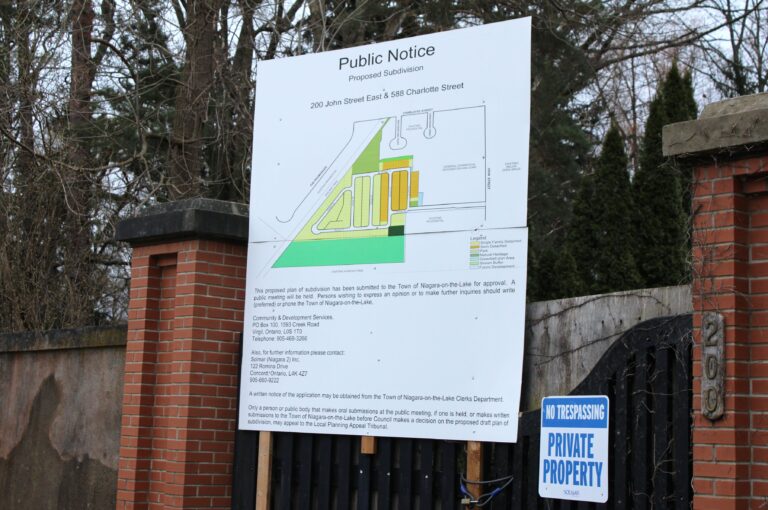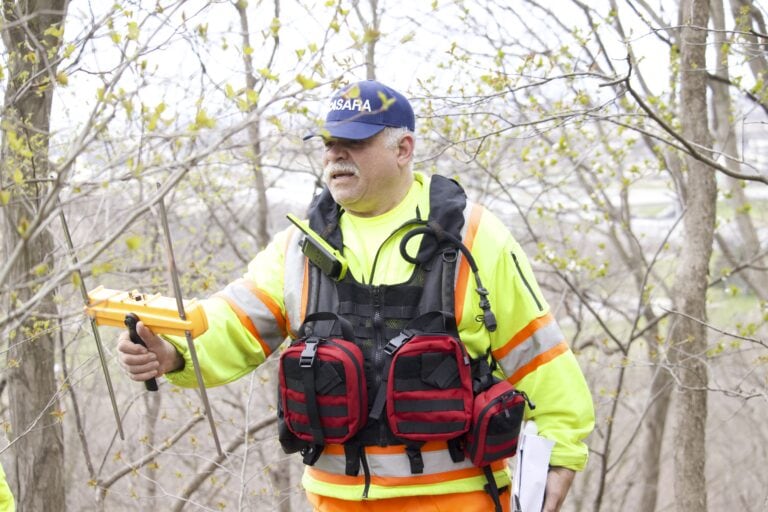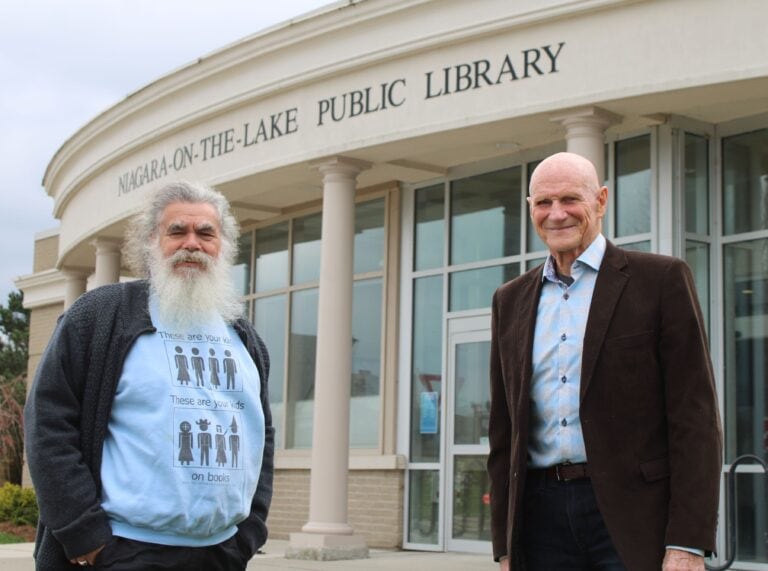Return of missing woman's ashes brings family some closure
With the remains of Ashley Simpson finally brought home, her parents Cindy and John Simpson say they are relieved.
“This is what we wanted. We wanted her home,” Cindy said as she sat beside the urn holding her daughter's ashes.
Ashley, who was 32, went missing in 2016 in a remote community in British Columbia. Her remains were discovered in December 2021 and her boyfriend, Derek Favell, has been charged with second-degree murder.
After waiting nearly a month to bring their daughter home, the Simpsons received a call on New Year's Day from a funeral home informing them their daughter had been cremated.
John flew out the next day and was back home with his daughter in less than 48 hours.
Cindy said it was the best Christmas present she could have asked for.
After six years of searching for his daughter and hoping to find answers, John said the moment of collecting her ashes was more difficult than he was expecting.
“You finally get to that point where you are in a funeral home in B.C. and she’s there. It's … it's different,” said a visibly emotional John.
“You finally got that physical moment, as much of a physical moment as you can have with ashes in a box. It was just a little bit more gripping than I thought it would be.”
With the recent restrictions implemented by the province to curb the spread of COVID-19, the Simpsons have decided to postpone a formal funeral service until a large group can be safely gathered.
“I was really hoping to get (the service) done as quick as possible so we can have this phase over,” John said.
Regardless of how quickly restrictions are lifted, he wants to have a service before the family gets involved with the upcoming criminal proceedings over Ashley’s alleged murderer.
“I think the (court cases) will be harder, the hardest thing, to be dealing with all the stuff that comes with that,” John said.
“You know, the he said, she said, what other people have said. I don’t know what to expect.”
John’s best hope is for a guilty plea so the family can have justice and not have their suffering drawn out further. But he is not optimistic about that outcome, given that Ashley's body remained hidden for six years.
If found guilty, “I hope he never gets out of jail, but that’s not for me to decide.” However, he worries there might be a lenient sentencing and the pain the family endured through six years of Ashley’s missing will not be taken into account.
“The hardship and the anguish, the emotions and everything else” have been difficult, he said. Her killer “shouldn’t be able to get away with that.”
As the couple, who have been together for more than 40 years, spoke about their daughter, their two dogs barked for attention. Gypsy, a one-year-old German shepherd, was bought by John for his wife to help her cope with Ashley’s disappearance.
Gypsy has her own special relationship with Ashley.
When Cindy went to pick up Gypsy from a dog breeder, the breeder recognized the Simpson name.
“He said, ‘Is your daughter Ashley?’ I said, ‘Yeah. Why?’ He said, ‘Nitro, the father of Gypsy and I went on a search for Ashley the year she went missing,” Cindy said.
Ashley also had “gypsy” tattooed on her arm, hence the pup's name.
Bringing Ashley home has enabled a collective sigh of relief for the family in some respects, but the finality has also proven difficult.
“Lucas, my grandson, he’s having a bit of an issue,” John said.
“He said, ‘Nana, I thought Auntie Ashley had just run away.’ I said, ‘Why would she run away from this family?’ ” Cindy said with a laugh.
“It hit him really hard. Not when we said she was found but when John and Amanda went to go bring her home. That’s when it really hit him.”
The first thing Cindy said when she held her daughter’s urn was, “You’re grounded. You’re not going out anywhere.”
But one of Cindy’s nieces asked her if Ashley could visit for a sleepover.
“So, I’m letting her go for one sleepover,” Cindy said.
John said it is “absolutely” important for him to continue raising awareness about missing persons in Canada and create a positive legacy for his daughter.
“The more we can do to help others and bring awareness to the situation, I think the better off that we’ll be as a family,” John said.
And he isn’t just saying that. Katrina Blagdon, a 37-year-old woman from St. Catharines, was declared missing on Jan. 2. John has been out for dozens of hours searching for her in Short Hills Provincial Park.
“Keep paying it forward. Keep showing that there are possibilities, that there are people with passion and that if we all got together we can make changes,” he said.
John said the Canadian government doesn't do enough for missing persons.
“We had no (financial) help (from the government) until after the body was found,” John said.
The family faced extreme financial hardship while Ashley was missing. They spent lots of money on flights to search for her in British Columbia and due to the trauma were unable to work, sleep and even eat for extended periods of time.
“It’s hard to wonder how, as you’re grieving and trying to find your lost child, how you’re going to pay the rent because you’re not working any more, and put food on the table for the rest of the family,” he said.
“We know what it’s like and we want to help people out of that situation and bring more families closure.”
John is an advocate for increased financial support for families with missing members and encourages all Canadians to help in any capacity they can, lamenting that communities do not always rally together to find missing members any more. He thinks putting missing persons pictures back on milk cartons would even be a good start.
“What stops a country from trying to find its citizens who have gone missing?” he asked.



_1.jpg)







